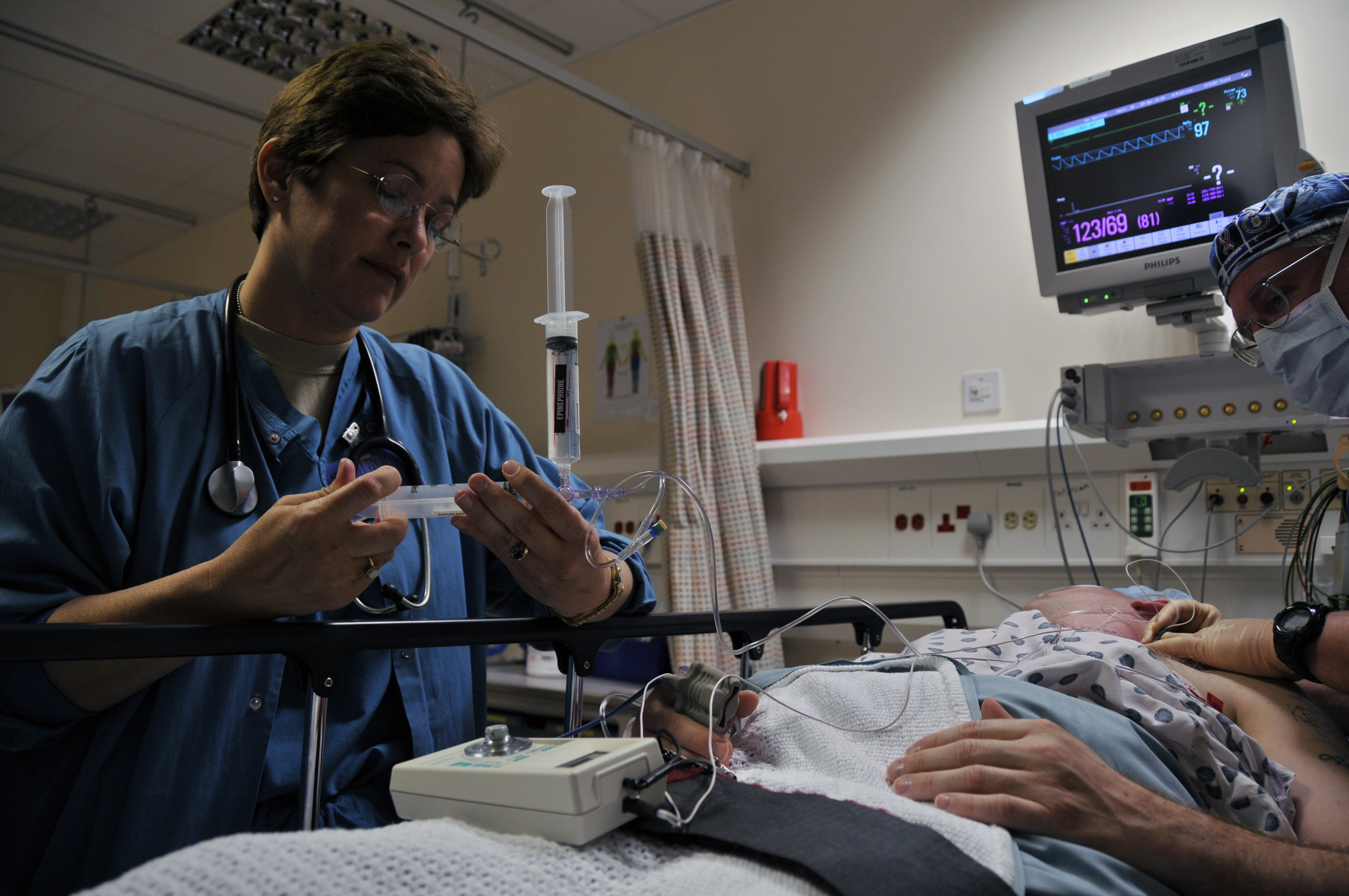A comprehensive Enhanced Recovery After Surgery program implemented in Kaiser Permanente’s 20 Northern California medical centers involved nearly 9,000 surgical patients and resulted in a one-third relative reduction in postoperative complication rates and a 21 percent reduction in opioid prescribing rates. A study of the program, published in JAMA Surgery, also showed decreased hospital mortality among colorectal resection patients and increased rates of home discharge over discharge to skilled nursing facilities among hip fracture patients.
“Ensuring patient safety is essential in U.S. surgical care, where millions of inpatient procedures are performed annually and where perioperative complications are common and costly,” says lead author Vincent Liu, MD, of the Kaiser Permanente Northern California Division of Research. “All-inclusive approaches to surgery like this ERAS program aim to reduce the stress of surgery, reduce complications and maximize the potential for recovery.”
The Kaiser Permanente ERAS program, funded in part by the Betty & Gordon Moore Foundation, was designed and led by a multidisciplinary team of clinicians, performance improvement staff and patient education teams. The program focuses on improving pain management, mobility, nutrition and patient engagement.
“In my 24 years as a surgeon, this has been the biggest change in our clinical practice,” says co-author Efren Rosas, MD, surgeon champion for Kaiser Permanente’s ERAS program. “For decades, surgeries were guided by commonly held principles including no food after midnight the night before surgery, strong opioids for pain management and bed rest for recovery. The elements of an ERAS program — alternative medications for pain control, avoiding prolonged fasting and encouraging walking — have been shown to reduce complications like blood clots, muscle atrophy, nausea, confusion, delirium, and infection.”

(Image credit: U.S. Air Force photo by Airman 1st Class Perry Aston)
Pain management involves opioid-sparing interventions using pain-relief alternatives including intravenous acetaminophen, non-steroidal anti-inflammatory medication, intravenous lidocaine and peripheral nerve blocks. Patients are also encouraged to begin walking within 12 hours of surgery and maintain a daily goal of walking at least 21 feet within the first three days of surgery. Efforts to reduce prolonged pre-surgical fasting include the use of a high-carbohydrate beverage within two to four hours before surgery. Post-operative nutrition is provided within 12 hours after surgery.
To improve engagement in their care, an illustrated calendar is distributed to patients so they know what to expect from the night before surgery through hospital discharge. An informational video series also was designed to improve patient education and active involvement with recovery.
Program implementation started in 2014 and was completed over the course of one year among two surgical populations — colorectal surgery and hip fracture repair. A total of 3,768 elective colorectal resection patients and 5,002 emergent hip fracture repair patients were included in the study, as were 5,556 comparison surgical patients for elective gastrointestinal surgery and 1,523 for other types of emergency orthopedic surgery.
ERAS patients demonstrated significant gains after the implementation of the program. The rate of early ambulation increased 34 percent and 18 percent among colorectal and hip fracture patients, respectively. Similarly, the use of early nutrition increased 26 percent and 12 percent in colorectal and hip fracture patients, respectively. The total dose of opioids also decreased significantly in both groups. Hospital length of stay decreased significantly in both surgical groups, along with a one-third reduction in relative post-operative complication rates.
“This study demonstrates the effectiveness of a systems-level approach to an enhanced recovery program implementation, even across widely divergent target populations,” says senior author Stephen Parodi, MD, associate executive director of The Permanente Medical Group. “While prior studies have had limited ability to evaluate program implementation at scale in real-world settings, we were able to evaluate care patterns in over 16,000 surgical patients over a two-year period. We were able to demonstrate the feasibility of large-scale ERAS program implementation over a relatively short interval because of the collaboration of thousands of clinicians.”




